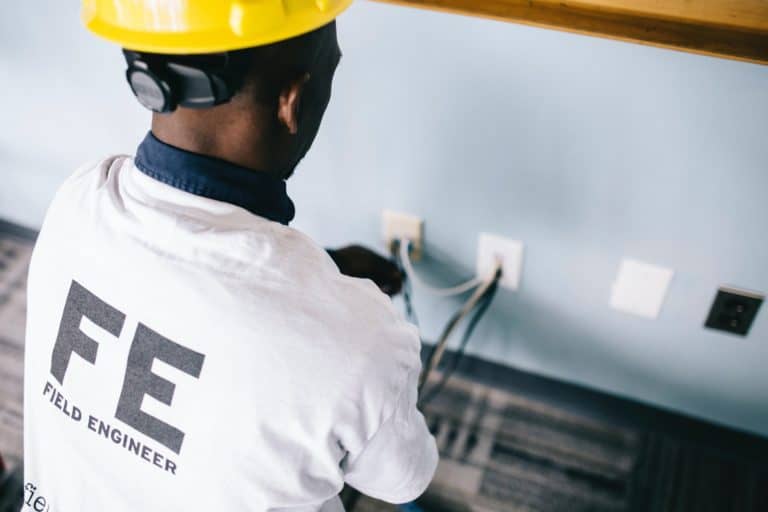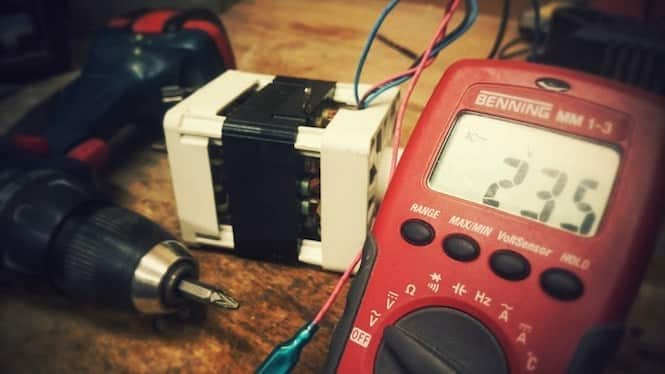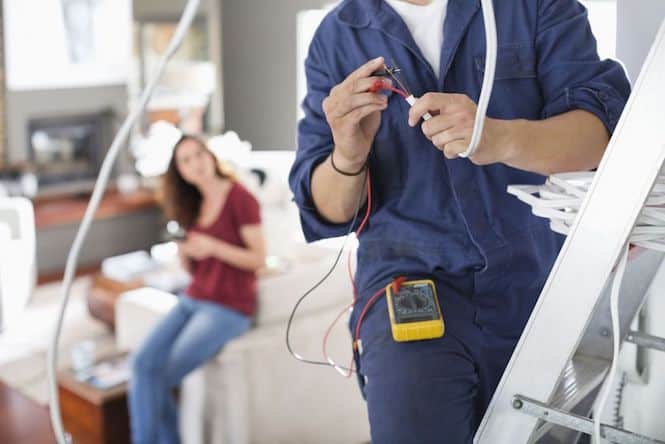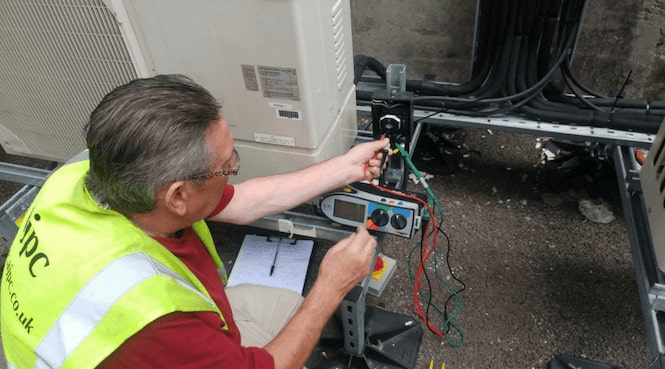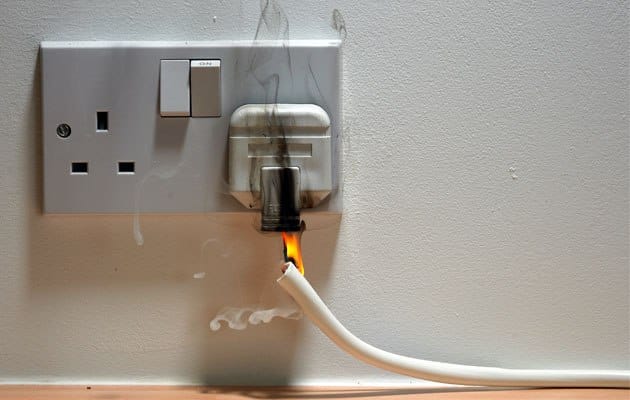Find My Local Expert How To Safely Identify Electrical Faults...
Read More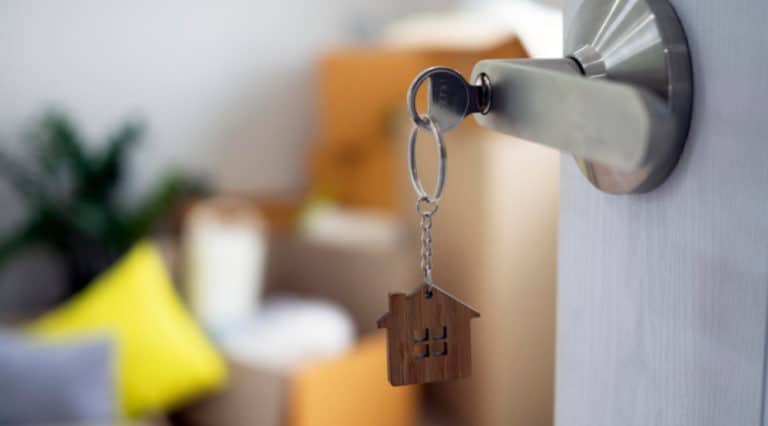
Can I Get Compensation for Faulty Electrics in a Rented Property?
Though the responsibilities of the landlords and tenants in a rental situation are quite clear in the law and tenancy agreements, it is often buried under a good deal of legal wording that can make it hard to know who is responsible for what. Incidentally, always have someone who knows their legal contracts to look over your tenancy agreement before signing if you’re not up to it yourself.
The situation isn’t helped by some of the less honest landlords building a reputation for making life complicated for tenants when things need repairing or replacing, sometimes just to try their luck and hope that the tenant will believe them, other times out of pure ignorance. But, regardless of whether your landlord is one of the good ones or someone who would have you paying for everything if you let them, it’s best to know where you stand from a legal standpoint.
In the case of electrical systems in a rental property, it is the landlord’s responsibility to ensure that everything is in working order (and, indeed, that the property has electrics), and a failure to do so would see that property considered “uninhabitable” in the eyes of the law. This is partly because electricity is considered a basic utility these days, but also because it is essential for various other legally required features in a rental property, such as smoke alarms, and heating.

So, essentially, if you move into a rental property, and you find that there are faulty electrical outlets or other problems, it is the landlord’s responsibility to take care of that, and soon. The same applies to any electrical systems that stop working or start being faulty for no discernible reason. This could be because of some other fault affecting the electrics, general wear and tear of older electrical fixtures, or even something like rodents chewing through the wires.
However, if the problem with the electrics was clearly caused by the tenant, it would be the tenant’s responsibility to get the problem fixed. This could include anything from overloading an electrical outlet with too many appliances to accidentally spilling water on a light fixture. It should be noted that the repair would need to be carried out to a standard that would satisfy the law regarding rental properties, meaning the tenant wouldn’t be able to just repair the problem themselves… unless they were a certified electrician, that is.
So, to boil all of that down to something a little more straightforward; it is almost always the landlord’s responsibility to ensure the electrical systems of a rental property are working, except where the tenant is the reason for the faulty electrical systems.
Best Interests
In cases where the landlord is being less than cooperative about getting electrical problems repaired (and where the problem was not caused by the tenant), it can be understandably frustrating. To the landlord it may just be putting off the inevitable for a week or two, but for the tenant it is a tangible inconvenience for that time. In these cases, it is worth pointing out to the landlord that it is in their best interests to get the problem seen to, and quickly.
This is because electrical problems that have no obvious cause are often indicative of a larger problem, and one that could well end up being far more expensive to fix if left alone.
In the case of properties like flats, where multiple tenants are sharing the same building, it is even more important to get unexplained electrical problems dealt with quickly, because any knock-on effects from that problem could affect other tenants in the building, resulting in considerably more expense for the landlord.
What To Do?
If you discover electrical faults in the property you are renting (and you didn’t cause those faults), your first course of action is to report it to your landlord. In the best case scenario, the landlord will arrange for an electrician to come out to the property and repair the problem as soon as possible, with the matter of who is responsible for paying for that repair being dealt with afterwards.
For this reason, it is important to be honest about whether the fault was caused by you (the tenant) or not, because it is entirely possible that you could have the work done for less than the price your landlord’s electrician will charge you once they have determined that you were the cause of the fault. It is also possible that your landlord will look kindly on your honesty. Many landlords enter into agreements with electricians to take care of their properties, getting cheaper rates in exchange for the guaranteed and regular work. If you are honest with them, they may just charge you the reduced rate that they would normally pay for the repair, whereas an attempt to lie about the problem to get your landlord to pay for it will almost certainly see you being charged full price when the truth comes out.
What if my Landlord Refuses to Fix the Problem?
To be clear, there should be no question that your landlord will have the electrical problem dealt with, as failure to do so makes the property legally uninhabitable. The only question mark would be over who pays the bill.
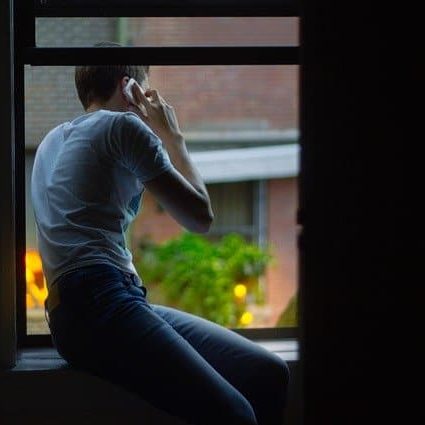
If you are on good terms with your landlord, you may be tempted to casually give them a call or speak to them in person, but it is best practice to put the request for electrical repairs to them in writing. It may seem overly formal for some tenant/landlord relationships, but it serves as proof of when the problem arose, which may be needed if you reach the point of seeking compensation further down the line. If your landlord refuses to do the repairs, first remember that you need to give them reasonable time to arrange for the repairs.
So don’t start kicking up a fuss if they haven’t got an electrician round within hours of your reporting the problem. If you didn’t initially put your notice of the problem in writing, you certainly want to do it now. Your first recourse should your landlord continue to ignore you or refuse to fix the problem is to go to the Environmental Health Department, though you should state your intention to do this, as the prospect of dealing with EHD may be the push that your landlord needs to get on with repairs.
EHD will perform an inspection and, if needed, serve an improvement notice to the landlord. If the issue is critical, EHD can arrange the repairs directly and will bill the landlord for the work.
How Long Will My Landlord Have to Do Any Remedial Work?
Your landlord may choose to have the electricity of the property tested first, which should produce an Electrical Installation Condition Report (EICR). You can also arrange for this yourself. If the report finds that there is work that needs doing (and it is not the tenants fault), your landlord will have 28 days to resolve the issue, less if the work is critical. The landlord will also have up to 21 days to appeal.
If they do not have the repairs done, the local council may arrange for the work to be done, with at least 48 hours notice given to the tenants.
How do I Get Compensation?
If you have been forced to live with faulty electrics, and especially if you have been injured as a result of faulty electrics in a rental property (and the fault was not caused by you) you could be due compensation from your landlord.
Please note that this is a civil matter, and would require you to take your landlord to court. This is where the previous reports and notification in writing will be necessary, as without those, you will not have a case against your landlord.
Your landlord may also offer you compensation without the need for a court, but you should be aware that, if this happens, they are likely doing it because they fear the court would force them to pay more compensation than they are offering you.
Conclusion
As long as you are not the reason that electrical systems or fixtures in your rented property are faulty, it will always be your landlord’s responsibility to remedy the problem, and within good time. If they refuse to do so, you will, unfortunately, need to do a little leg work to put things right, which could involve getting an EICR report on the property.
It is important to give your landlord the benefit of the doubt in the early stages of this process. As bad a reputation as landlords have, there are also plenty of bad tenants, and your landlord will want to make sure they are not being taken for a ride. However, this should not take long to establish, and if you are still waiting for action after weeks, you are definitely in a position to push harder.
You May Also Like...
Guide on Electrical Inspection and Testing
Find My Local Expert A Guide about Electrical Inspection and...
Read MoreEmergency Electrician Service
Find My Local Expert when you need an emergency electrician...
Read MoreElectrical Installation Condition Report
Find My Local Expert Everything You Need to Know About...
Read MoreElectrical Fault Finding
Find My Local Expert Understanding Electrical Fault Finding An electrical...
Read MoreHave your Electrics Inspected Today!
My Trusted Expert Guarantee
Experts Have Been Vetted & Approved
